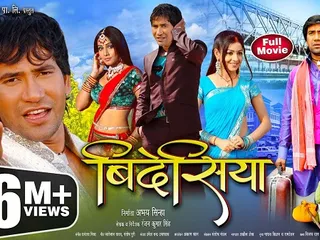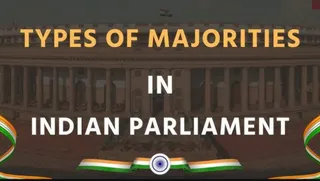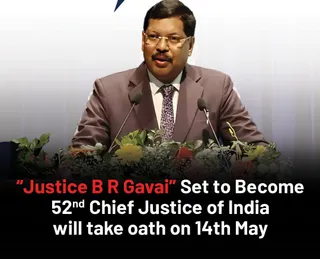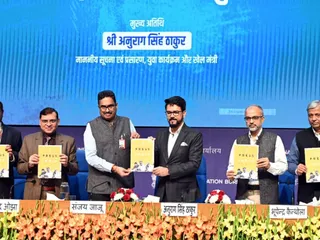The Indian National Congress (INC), founded in 1885, played a pivotal role in India's struggle for independence. Its annual sessions were crucial platforms for shaping strategies, debating policies, and galvanizing public opinion. The location, president, and resolutions passed at each session reflected the evolving political landscape and the growing demand for self-rule.
The following table provides a summary of significant Congress sessions. Note that this is not an exhaustive list, and many other sessions occurred throughout the organization's history. This table includes some of the most historically relevant sessions:
| Year | Location | President | Significant Resolutions/Events |
|---|---|---|---|
| 1885 | Bombay | Womesh Chandra Bonnerjee | Formation of the Indian National Congress |
| 1906 | Calcutta | Dadabhai Naoroji | Swadeshi movement launched; demand for Swaraj (self-rule) |
| 1907 | Surat | Rash Behari Ghosh | Split in the Congress between Moderates and Extremists |
| 1920 | Nagpur | Lal Lajpat Rai | Adoption of Non-Cooperation Movement |
| 1927 | Madras | Motilal Nehru | Proposal for Dominion Status |
| 1929 | Lahore | Jawaharlal Nehru | Declaration of Purna Swaraj (complete independence) |
| 1931 | Karachi | Vallabhbhai Patel | Fundamental Rights Resolution adopted |
| 1947 | Delhi | J.B. Kripalani | Partition of India; Transfer of Power |
Further research into each session reveals a wealth of detail about the strategies employed, the challenges faced, and the evolving demands of the Indian people. These sessions highlight the dynamic interplay between different factions within the Congress, the changing methods of resistance against British rule, and the increasing influence of leaders like Mahatma Gandhi and Jawaharlal Nehru. Understanding these sessions is crucial to grasping the complexities of India's fight for independence.
While this table represents a starting point for understanding the significance of the INC sessions, more in-depth research, including access to primary sources and historical accounts, is recommended for a more comprehensive understanding.

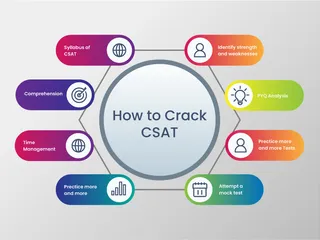










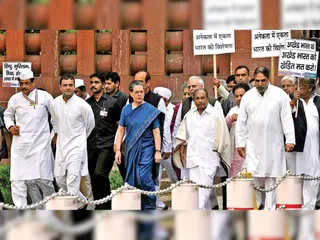







 (24)jpeg-1722421859875.jpeg.webp)









